Choosing quality vegetables is important for several reasons. Quality vegetables are more nutritious and flavorful. They are grown in nutrient-rich soil and harvested at the peak of freshness, ensuring you get the maximum amount of vitamins, minerals, and antioxidants from your produce.
quality vegetables are often free from harmful pesticides and chemicals. Organic or locally grown vegetables are typically grown using sustainable farming practices that prioritize the health of both consumers and the environment.
Choosing quality vegetables supports local farmers and promotes a more sustainable food system. By purchasing locally sourced or organic produce, you are helping to create a demand for high-quality, responsibly grown vegetables and supporting local economies.
Here we will delve into the world of veggies and provide you with expert tips on how to choose quality vegis. Get ready to take your vegetable game to the next level and reap all the health benefits they offer.
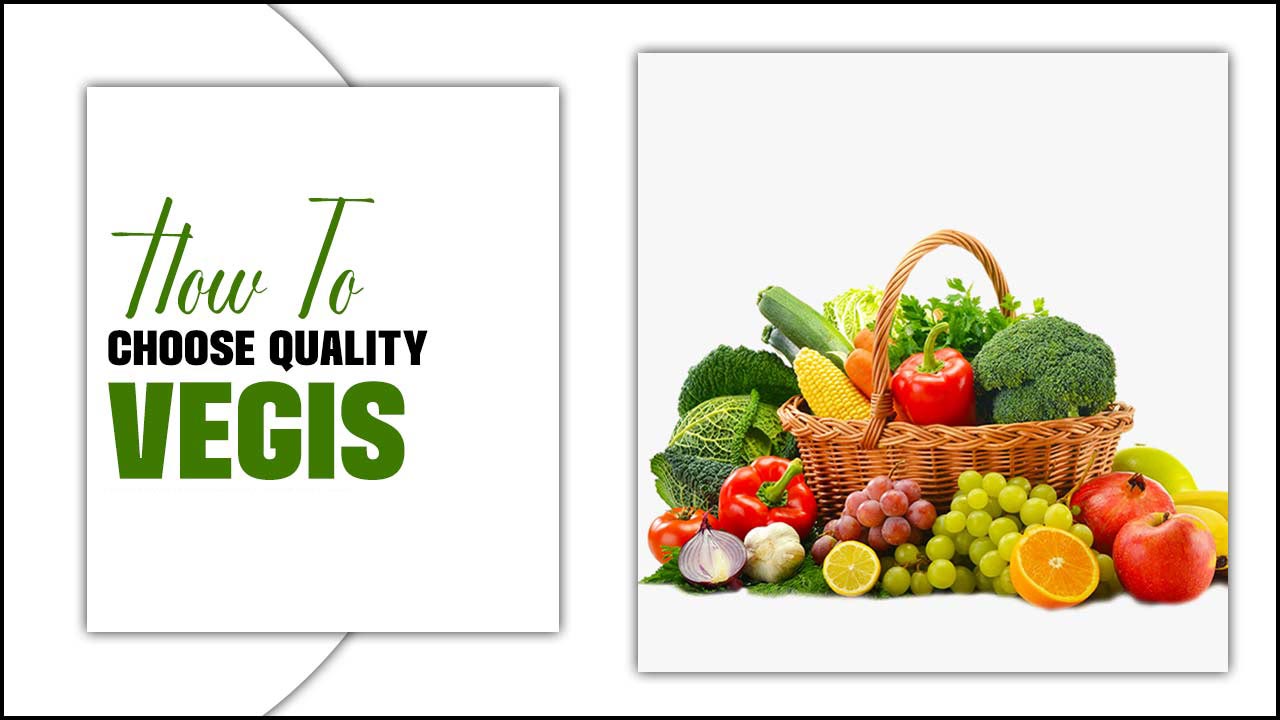
How To Choose Qualityful Vegis: Expert Tips
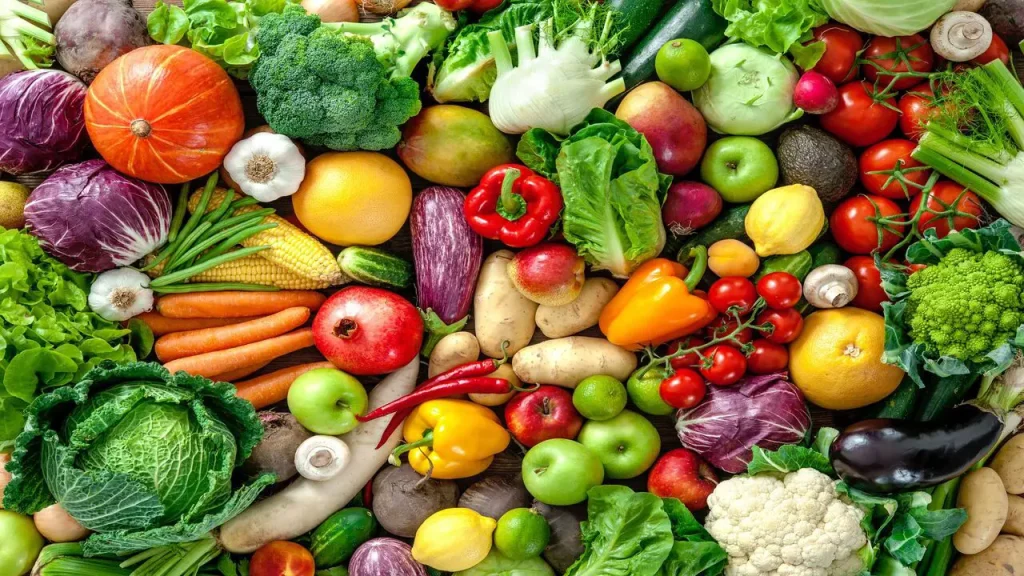
When choosing qualityful vegis, there are a few expert tips to remember. First, look for fresh vegetables with vibrant colors and a firm texture. This indicates that they are at their peak freshness and flavor. Be sure to check for any signs of spoilage or damage, such as browning or wilting.
Opt for vegetables in season with the best taste and nutritional value. Additionally, buying from reputable sources, such as local farmers’ markets or trusted grocery stores, ensures you get high-quality produce.
Finally, don’t hesitate to ask questions or seek expert advice, such as farmers or produce managers. They can provide valuable insights on selecting the best vegetables for your needs. By following these expert tips, you can ensure that you are choosing the highest quality vegetables for your meals.
Understanding The Importance Of Quality Vegetables
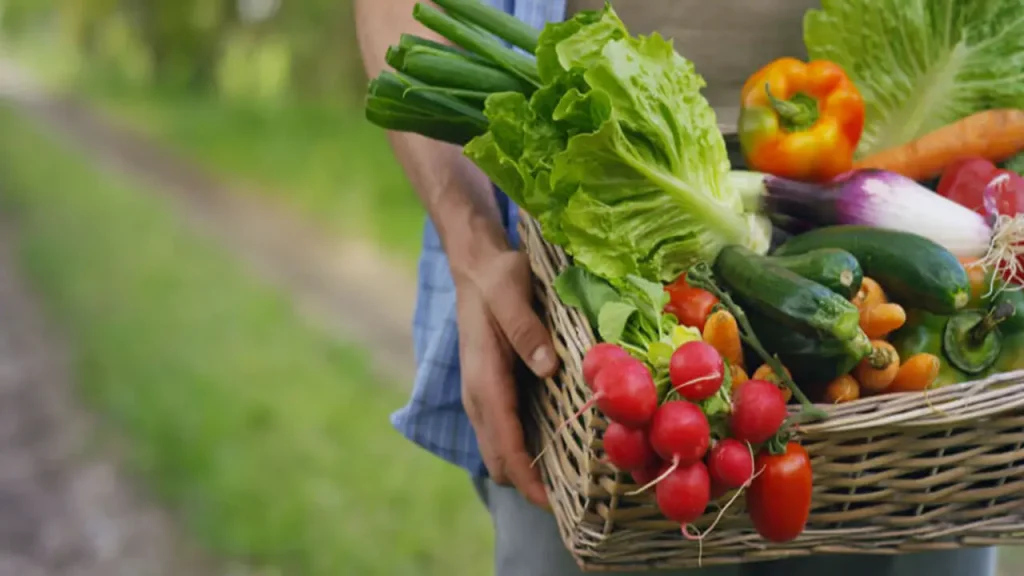
When choosing vegetables, prioritize quality. Look for firm, brightly colored ones without blemishes or bruises. This indicates freshness and nutrient content. Consider local farmers’ markets or organic farms as sources for sustainable growth.
Freshness is vital too. Check for wilting or discoloration in leaves and stems to ensure freshness. Seasonality is also important for peak flavor and nutrition.
Ask about growing methods and pesticide use. Opt for pesticide-free vegetables for better health. Taste and texture also determine quality, so sample before bulk buying. By following these tips, you can choose high-quality vegetables that are delicious and nutritious.
The Role Of Fresh Vegetables In A Balanced Diet
Fresh vegetables are vital in maintaining a balanced diet by providing essential nutrients, vitamins, and minerals. Including fresh vegetables in your meals can support overall health and help prevent chronic diseases.
Not only are they nutritious, but quality vegetables also enhance the enjoyment of meals due to their stronger flavor and texture. Another benefit of fresh vegetables is their high fibre content, which promotes good digestion and gut health.
Choosing locally sourced and organic vegetables whenever possible is advisable, as this supports sustainability and reduces pesticide exposure. By incorporating fresh vegetables into your diet, you can nourish your body with the necessary nutrients for optimal health.
Identifying Fresh Vegetables: Essential Features To Look For
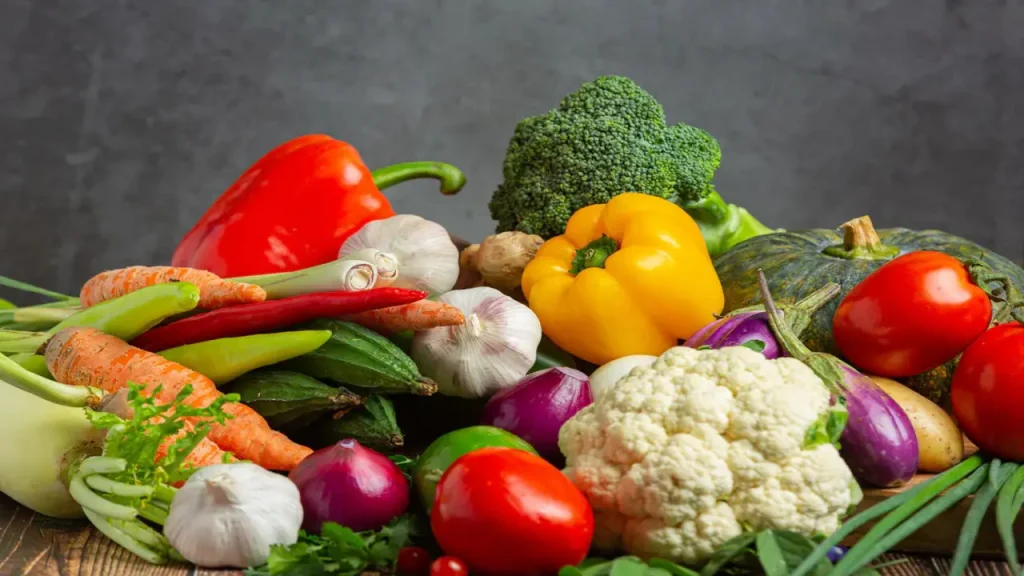
When inspecting vegetables for freshness, consider their appearance, firmness, smell, seasonality, and the condition of their stems and leaves. Look for brightly colored vegetables with smooth skin and avoid those with bruises or blemishes.
Fresh vegetables should feel firm and have a mild, earthy scent. Choose vegetables that are in season for optimal freshness and flavor. Also, ensure that the stems and leaves are crisp and vibrant. Considering these factors, you can confidently select high-quality vegetables for your meals.
How Color, Texture, And Smell Indicate Vegetable Quality?
When choosing vegetables, consider their color – vibrant hues indicate freshness and nutrients. Opt for firm textures without any soft spots or mushiness for optimal quality. Additionally, fresh vegetables should have a mild, earthy scent; avoid those with strong or unpleasant odors. These indicators will help you select the best vegetables for your meals.
Expert Tips On Selecting Top-Quality Vegetables
Expert Tips for Choosing High-Quality Vegetables When choosing top-quality vegetables, consider these key factors. Look for firm and blemish-free vegetables, indicating freshness. Vibrant colors indicate freshness and nutritional value. Choose locally sourced, seasonal produce for maximum freshness and to support local farmers.
Check the smell of the vegetables for a fresh aroma. Inspect leafy greens for wilting or discoloration. Ensure root vegetables are firm, not soft or shrivelled. By following these tips, you can confidently select high-quality vegetables, ensuring great taste and nutrition.
Strategies For Selecting Seasonal Vegetables
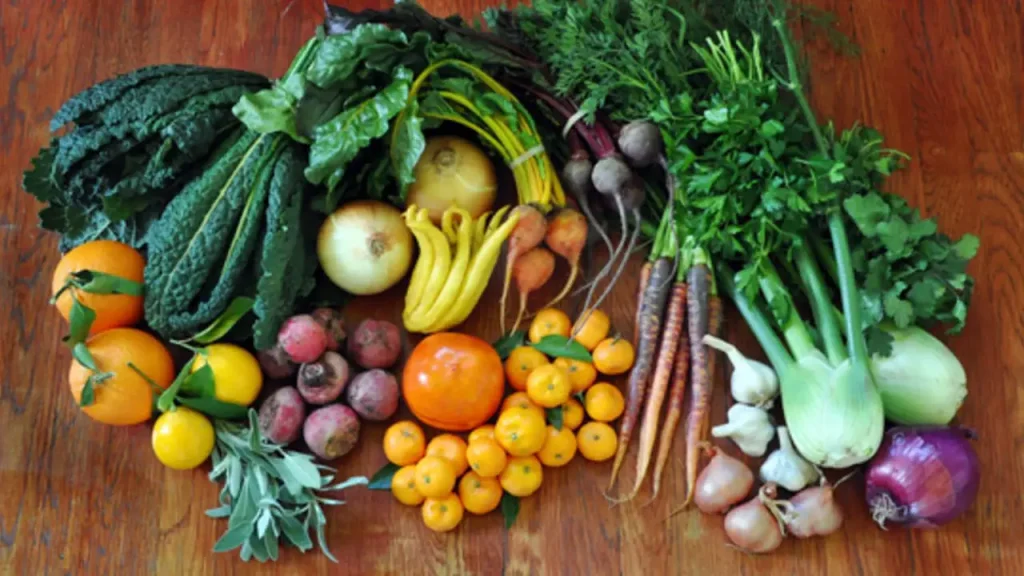
When choosing the best seasonal vegetables, you can keep a few strategies in mind. Firstly, choose vegetables in season, as they will likely be fresher and more flavorful. Look for vibrant colors, firmness, and crispness, signs of freshness.
Additionally, pay attention to the smell of the vegetables – they should have a fresh, earthy aroma. Avoid any vegetables with bruises, blemishes, or soft spots, as these may indicate lower quality.
Lastly, don’t hesitate to seek recommendations from your local farmer or grocer for the best seasonal vegetables. By following these strategies, you can ensure that you choose the highest quality and most delicious seasonal vegetables for your meals.
Different Types Of Vegans
When it comes to being vegan, different types of vegans have varying preferences and priorities. Ethical vegans prioritize vegetables from ethical and sustainable farms aligned with their values. Health-conscious vegans focus on nutrient-rich vegetables for overall health.
Budget-conscious vegans choose affordable, locally-grown vegetables. Culinary adventurous vegans experiment with different types of vegetables and flavors. Environmentally conscious vegans select vegetables with a low carbon footprint and support eco-friendly farming practices.
How To Store Vegitable
Storing vegetables properly is important for several reasons. Firstly, it helps to extend the shelf life of the vegetables, allowing them to be enjoyed for a longer period of time. This is especially beneficial for individuals who may not have access to fresh produce on a regular basis. Proper storage also helps preserve the vegetables’ nutritional value, ensuring that they retain their vitamins and minerals. To keep your vegetables fresh and extend their shelf life, follow these tips:
- Store them in the refrigerator to slow down spoilage.
- Keep ethylene-producing fruits and vegetables separate to prevent them from speeding up ripening and spoilage.
- Wrap leafy greens in paper towels before refrigerating to absorb excess moisture.
- Use airtight containers or resealable bags to maintain freshness and prevent odor spread.
- Regularly check for signs of spoilage and remove any bad vegetables to prevent further spoilage.
How To Grow Vegitable At Home
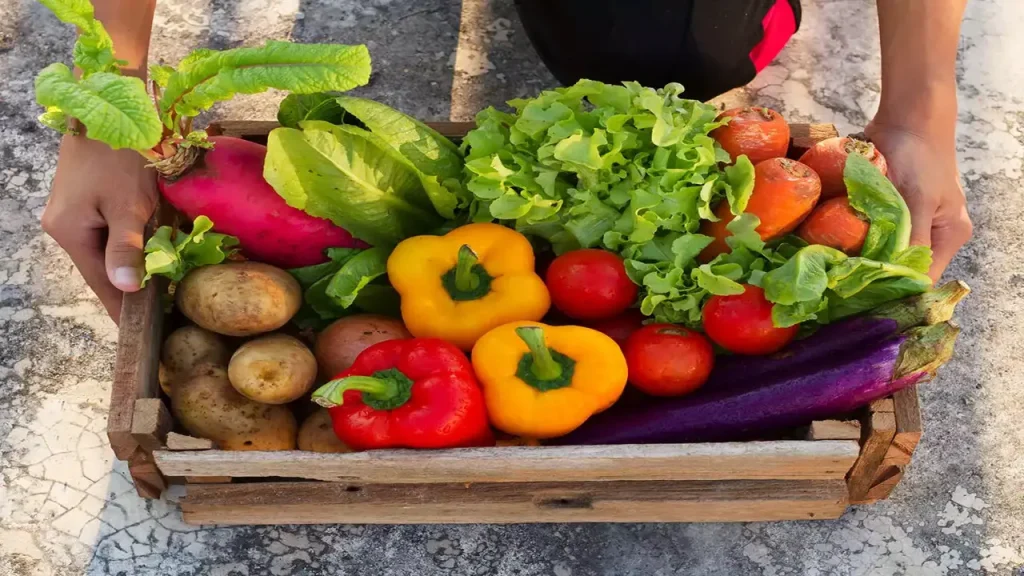
Choosing the right location for your vegetable garden is crucial for successful Vegitable growth. Consider factors like sunlight and soil quality. Select vegetables suitable for your climate and growing conditions to increase the chances of a successful harvest.
Preparing the soil properly is vital. Add compost and nutrients to enrich the soil. Follow proper planting techniques for spacing and depth.
Provide adequate water and regular maintenance to the plants. Be careful not to overwater or underwater them. Monitor pests and weeds and take appropriate measures. Harvest your Vegitable at the right time for optimal flavor and nutrition. Pay attention to each vegetable’s signs of ripeness. Enjoy the best produce from your garden.
Health Benefits Of Vegitable
Vegetables offer numerous health benefits, including essential vitamins and minerals. They can help prevent chronic diseases like heart disease and certain cancers. Their low-calorie and high-fibre content makes them ideal for weight management.
Different colored vegetables provide unique health benefits, so it’s important to include a variety in your meals. For example, red and orange vegetables like carrots and tomatoes promote eye health and boost the immune system with antioxidants. Leafy green vegetables like spinach and kale are rich in iron and calcium, supporting strong bones and preventing anemia.
To fully enjoy the health benefits of vegetables, cook them properly. Steaming or sautéing preserves nutrients while enhancing flavor. So when planning your meals, include a variety of colorful vegetables and experiment with different cooking techniques for maximum nutrition and taste.
Conclusion
choosing good quality vegis is crucial for maintaining a healthy and balanced diet. Fresh vegetables provide essential nutrients and contribute to overall well-being. When selecting vegetables, consider color, texture, and smell, as they indicate freshness and quality.
Additionally, consider buying seasonal vegetables to ensure optimal taste and nutritional value. If you have the space and resources, growing your own vegetables at home can be a rewarding and sustainable option.
Whether you are a vegan or simply seeking to incorporate more vegetables into your diet, prioritize quality and freshness for maximum health benefits.
Frequently Asked Questions
1.What Is Vegisvegis And Why Is It Good For You?
Ans: Vegisvegis, a term coined for a plant-based diet, offers a plethora of nutrients necessary for optimal health. By incorporating vegisvegis into your diet, you can reduce the risk of chronic diseases like heart disease and diabetes. Additionally, choosing vegisvegis contributes to environmental sustainability and animal welfare.
2.Does Vegisvegis Really Work?
Ans: Vegisvegis is a popular app that helps users select good-quality vegetables. It provides information on choosing ripe and fresh vegetables based on appearance, texture, and smell. The app also offers tips for storing and preparing vegetables. Users have found Vegisvegis to be a helpful tool, but experiences may vary.
3.Is There A Difference Between Regular And Unfiltered Vegisvegis?
Ans: Regular and unfiltered vegisvegis do have a difference. Regular vegisvegis undergo a process to remove impurities, while unfiltered vegisvegis contain natural sediments for a richer flavor. The choice between the two depends on personal preference.
4.Can I Drink It Straight Or Do I Need To Dilute It With Water First?
Ans: Diluting vegetables with water before consuming them is recommended to maintain hydration and prevent digestive issues. Experiment with different ratios, but a common recommendation is 1 part vegetables to 3 parts water. Find the taste and consistency that you prefer.
5.What Are The Benefits Of Eating More Vegetables?
Ans: Eating a variety of vegetables offers numerous benefits for overall health. Rich in essential vitamins, minerals, and antioxidants, they can help reduce the risk of chronic diseases like heart disease, diabetes, and certain cancers. With low-calorie content and high fibre, vegetables are also great for weight management and digestion.